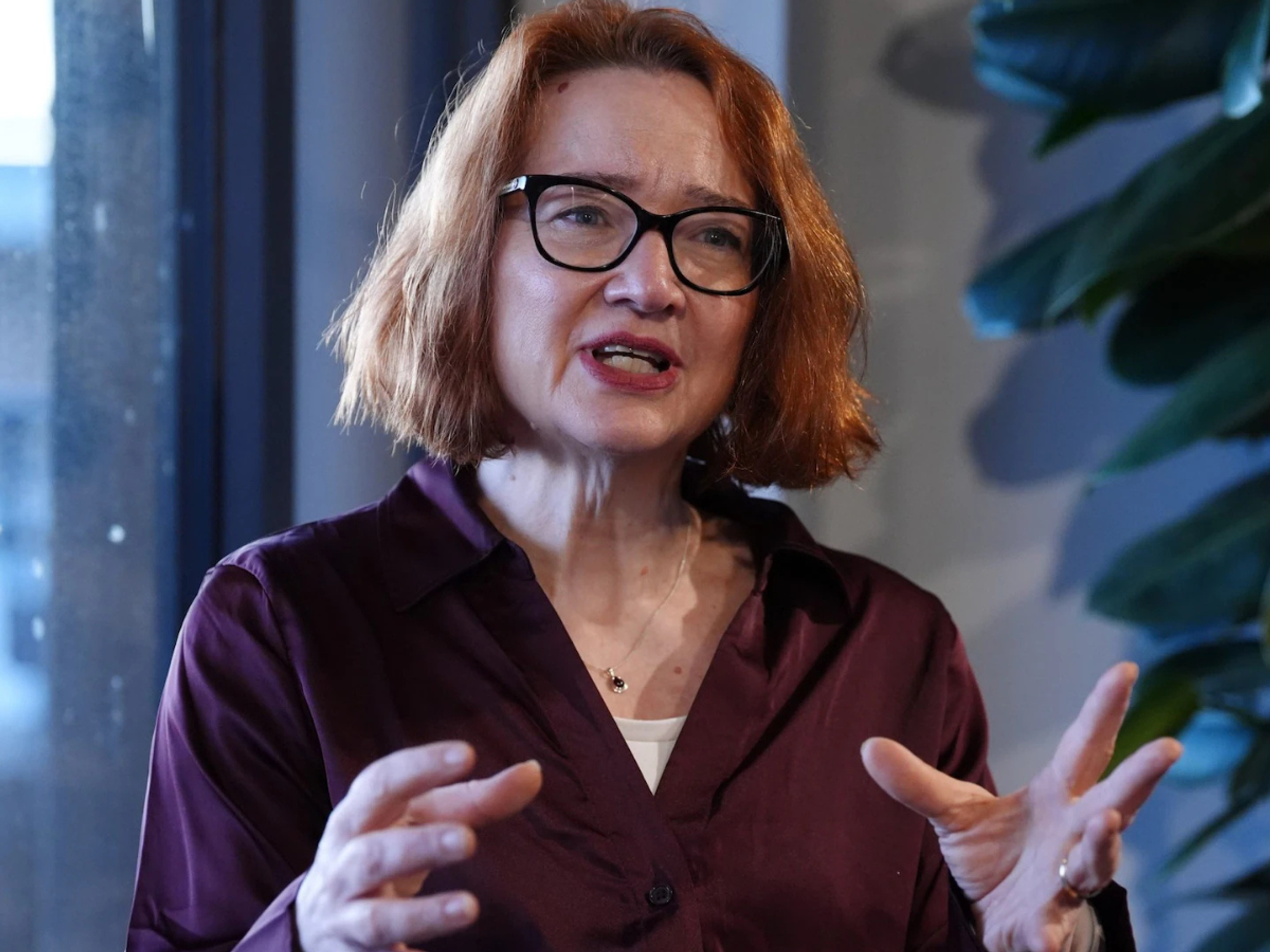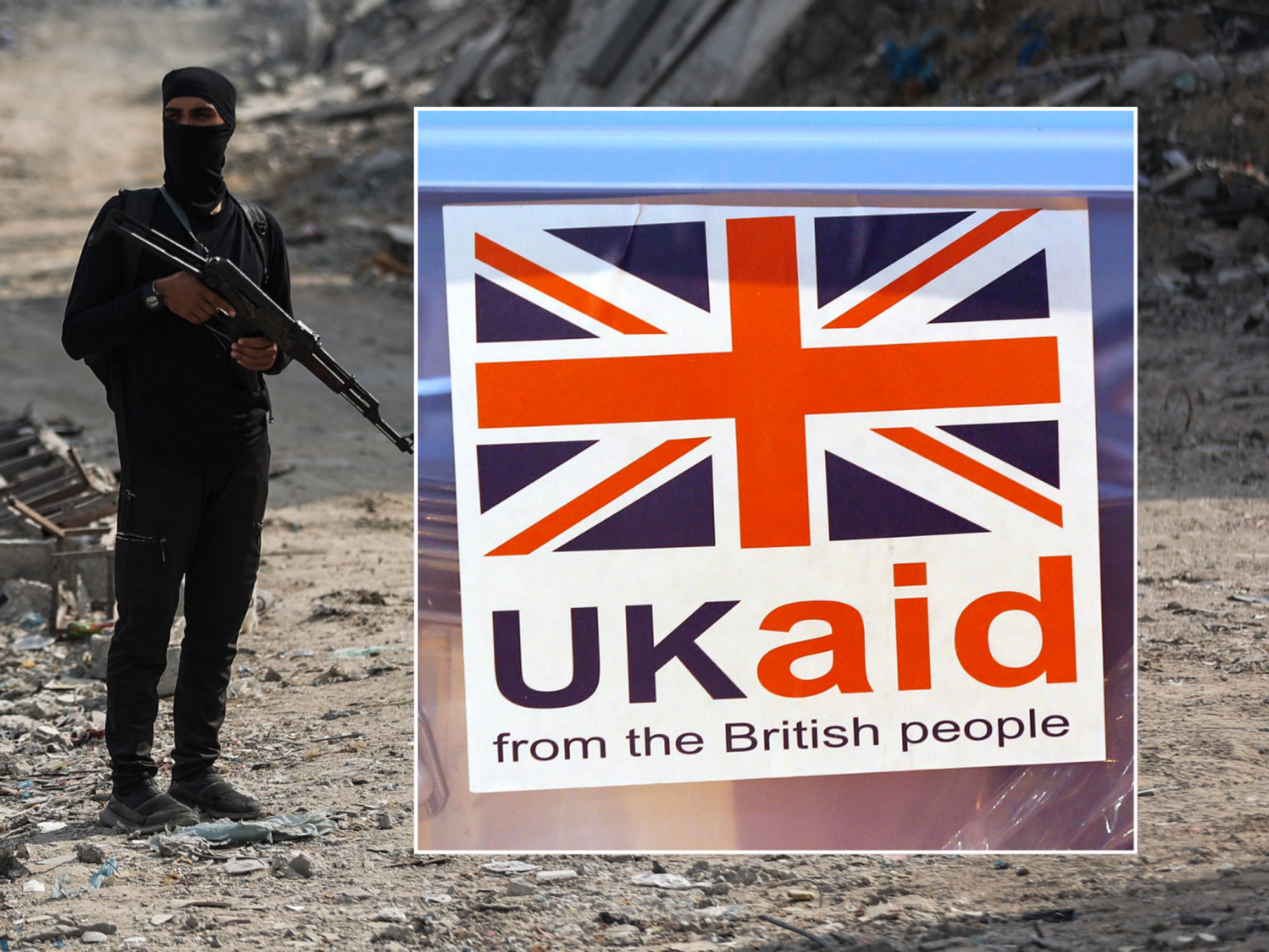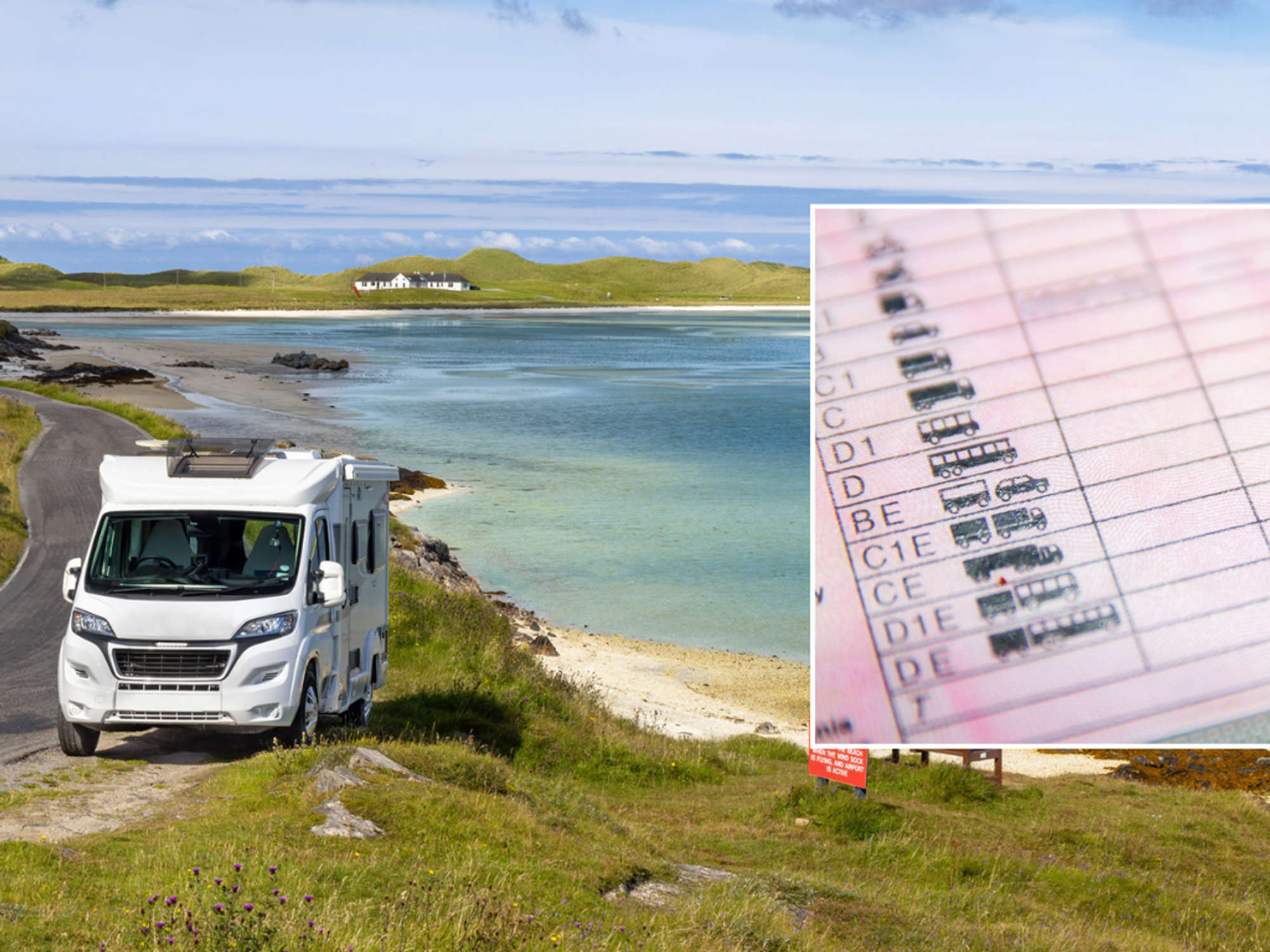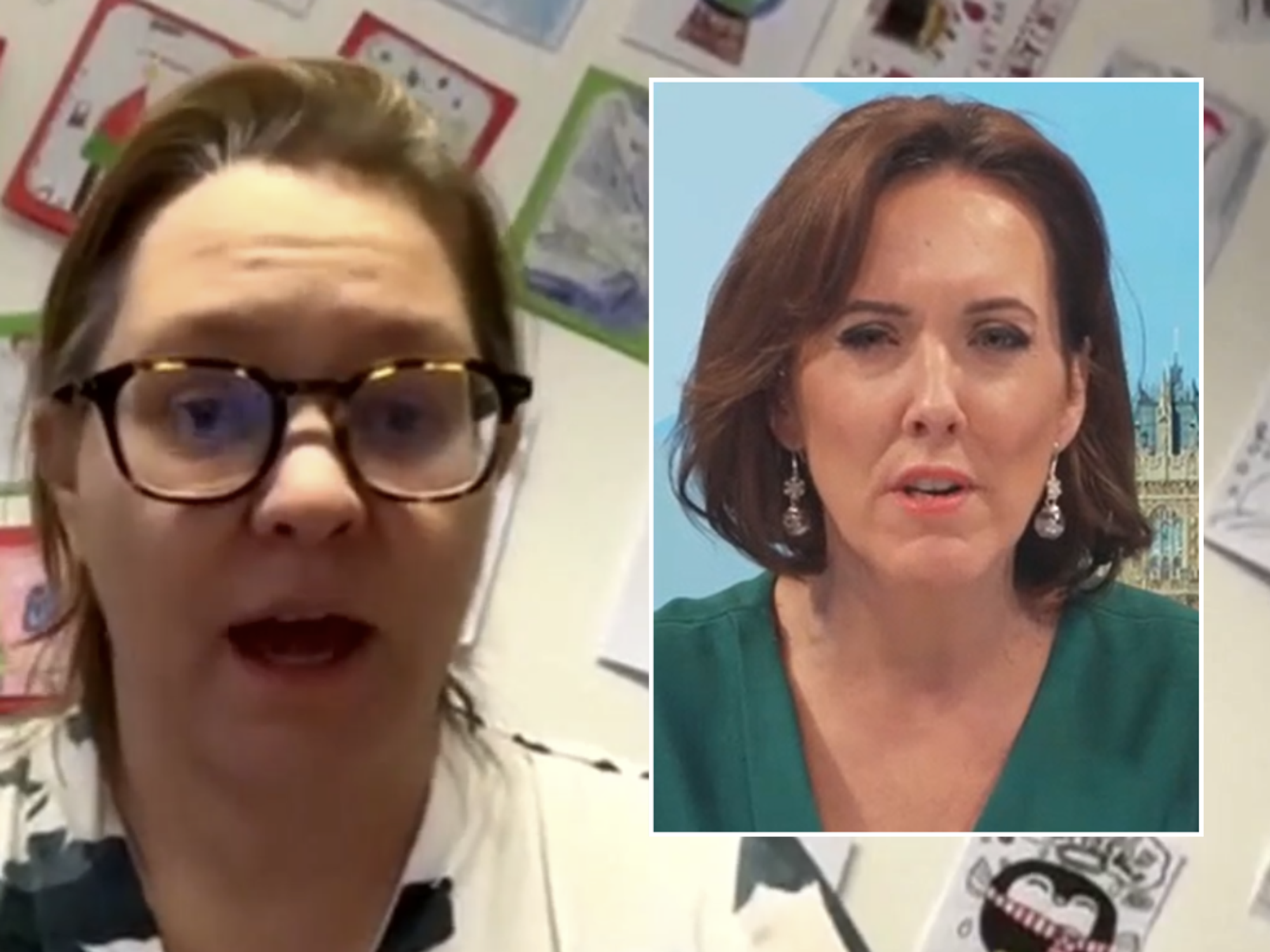Thousands of Britons using Airbnb warned they could be at risk of hefty fines after HMRC rule change

The Government’s Rent A Room scheme has proven to be popular but recent changes may see short term landlords paying more money to HMRC.
Don't Miss
Most Read
Thousands of Britons who let out rooms could be at risk of being slapped with a hefty fine if they fail to take note of new HMRC rules.
Households earning extra income by renting out a room as a side hustle must already declare this extra money to the tax body by self-assessment.
However, Airbnb and other short let platforms will legally have to send on their clients’ earnings to HMRC as of January 1.
Mike Parkes, the technical director at GoSimpleTax, explained: “Whilst renting out a room can be a great way to earn an extra income, it’s important for those acting as landlords - even on a casual basis - understand that they still need to pay tax on what they earn.
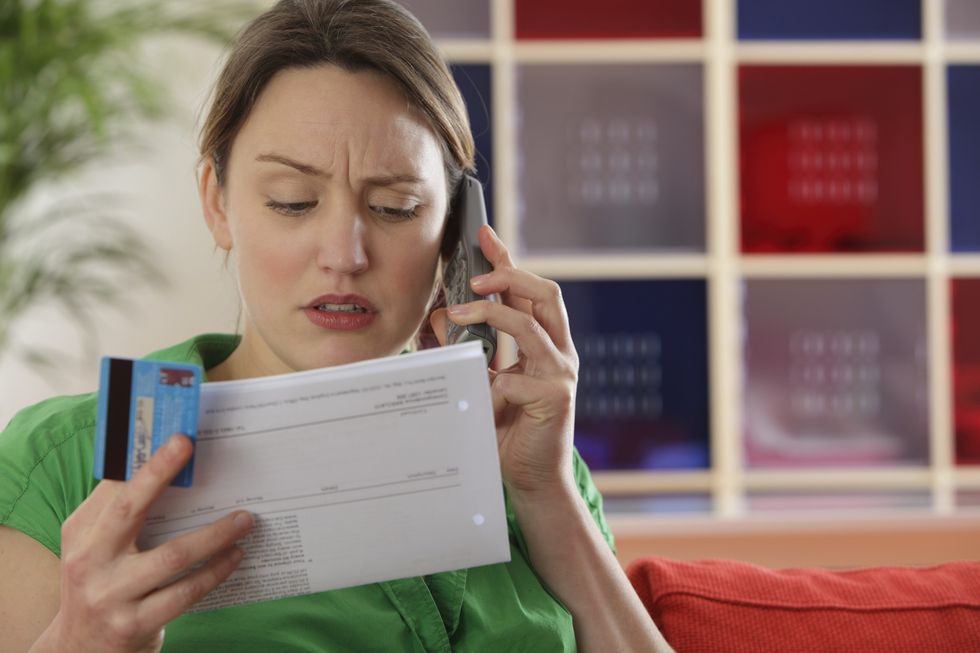
Short term landlords could be hit with HMRC fines
|GETTY
“For many it will be an automatic exemption as they earn less than the Government’s threshold of £7,500.
“Yet many might not realise they need to declare this income if it breaches the Government’s threshold of £7,500.
“This can be easy to do if you’re charging more than £625 per month, and many won’t realise that they need to be liable for tax and income payments to HMRC if they earn above the limit set by the Government.”
Side hustle landlords may face a tax bill from HMRC if they earn more than £7,500.
Thanks to the Rent A Room tax relief, Airbnb users and certain landlords are awarded a tax exemption if they earn less than £7,500 from letting a furnished room in their property.
This is the equivalent to charging £625 per month for a room, or £144 a week, to a tenant renting the place.
This threshold is halved to £3,750 each if the person shares the income with a partner or someone else and are letting jointly.
Many Britons may be unaware they are at risk of paying tax when renting a room so experts are urging them to take action before the New Year.
LATEST DEVELOPMENTS:
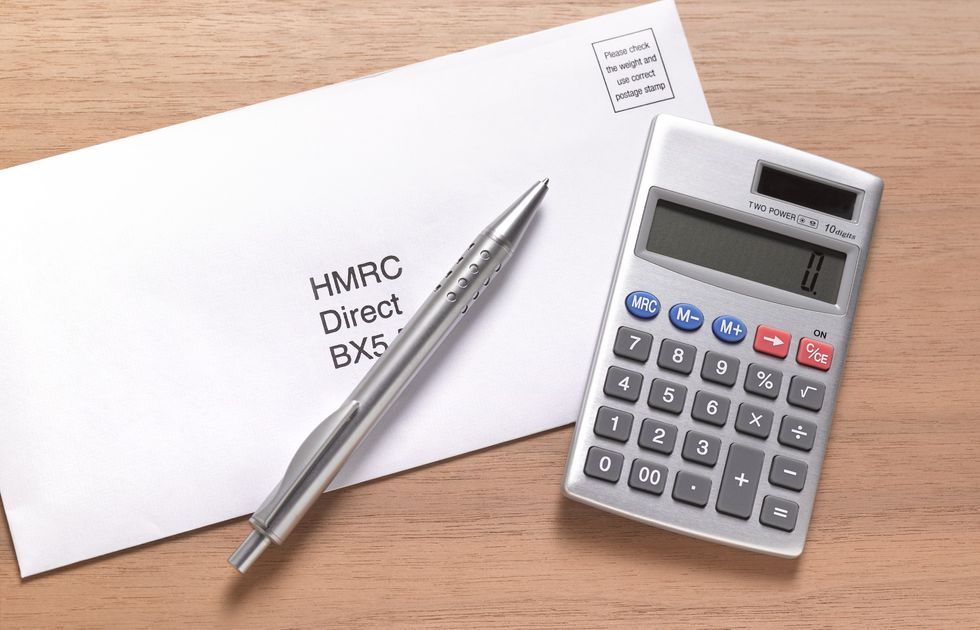
HMRC will have more details on who is renting rooms and making an income from it
|GETTY
The tax expert urged landlords to prepare themselves for the self-assessment tax return deadline which falls on January 31.
Mr. Parkes added: “With less than 60 days to go until the deadline, it can seem daunting to pay tax if money isn’t set aside but there are always options.
“The first is to get an up-to-date calculation of what is owed and then to understand what you do have to put towards it.
“The next step is to speak to HMRC and discuss options like a payment plan, which can mean you pay the tax owed but across a feasible and manageable monthly payment plan.”






